Because of the heavily fact-laden emphasis of medical knowledge, many if not most medical professional
 s have been brought up in the traditional educational environment in which knowledge is imparted in a didatic fashion. Hence clinicians and clinical teachers who are not equipped with facilitation skills may have a tendency to place overwhelming importance on the medical content of the training programme. In doing so, they may largely ignore the learning process. They may also not be aware of the fact that undue content emphasis hinders the creation of an appropriate learning environment.
s have been brought up in the traditional educational environment in which knowledge is imparted in a didatic fashion. Hence clinicians and clinical teachers who are not equipped with facilitation skills may have a tendency to place overwhelming importance on the medical content of the training programme. In doing so, they may largely ignore the learning process. They may also not be aware of the fact that undue content emphasis hinders the creation of an appropriate learning environment.Increasingly as educators, we recognise that training is only value added if the entire class of students form an inter-active learning community in which everyone shares responsibility in the learning process. In simulation-based education, we emphasize this all the time. The participants or trainees should feel that they contribute to the learning process and not passively absorb content that has been communicated to them through didatic lectures.
In simulation-based education, the learning is experiential and the learning process challenges the trainee to think and explore. All medical postgraduates are adults and have the ability to learn on their own. However, the environmental conditions must be right before they can exhibit adult learning, and their confidence in their own learning should be boosted.
Generally, adult learning takes place if the following conditions are present:
(a) they are encouraged to actively participate, creatively express themselves or have the occasion to explore or experiment directly with ideas and techniques. The participatory approach helps them to build up their confidence and encourages them to be build up a learner-centred approach to learning. It also keeps them motivated and energetic.
(b) they have the possibility of expressing their personal learning needs freely. When the learning atmosphere encourages a discovery of the personal significance of the ideas they expressed, they are more committed to their learning project.
(c) they immerse in an environment where divergent points of view are accepted. If open communication is allowed and the exploration of new ideas rather than "the correct answer" is allowed, they learn better.
(d) they see mistakes as an opportunity to learn, progress and change. They learn more easily if they recognise everyone has the right to make mistakes and explore the unknown by trial and error.
(e) they communicate in a warm atmosphere where every learner is accepted and exempt from psychological threats. By encouraging cooperation and interaction, we facilitate commitment to the learning process.
(f) they consider themselves and their peers as sources of valuable ideas that contribute to the learning of the group. Generally adult learners learn better if they feel respected and cared for.(g) they consider themselves as unique individuals and feel accepted as they are. They would feel free to learn if they have room to make their own choices and examine their own ideas and attitudes.
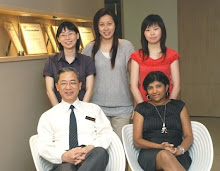
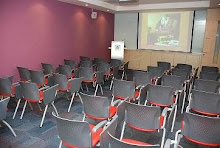
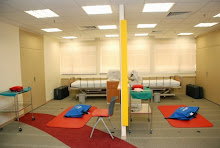

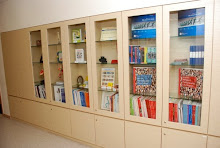
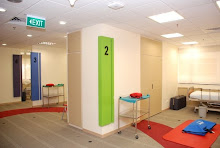




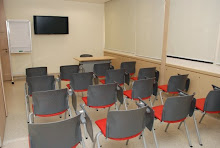


No comments:
Post a Comment